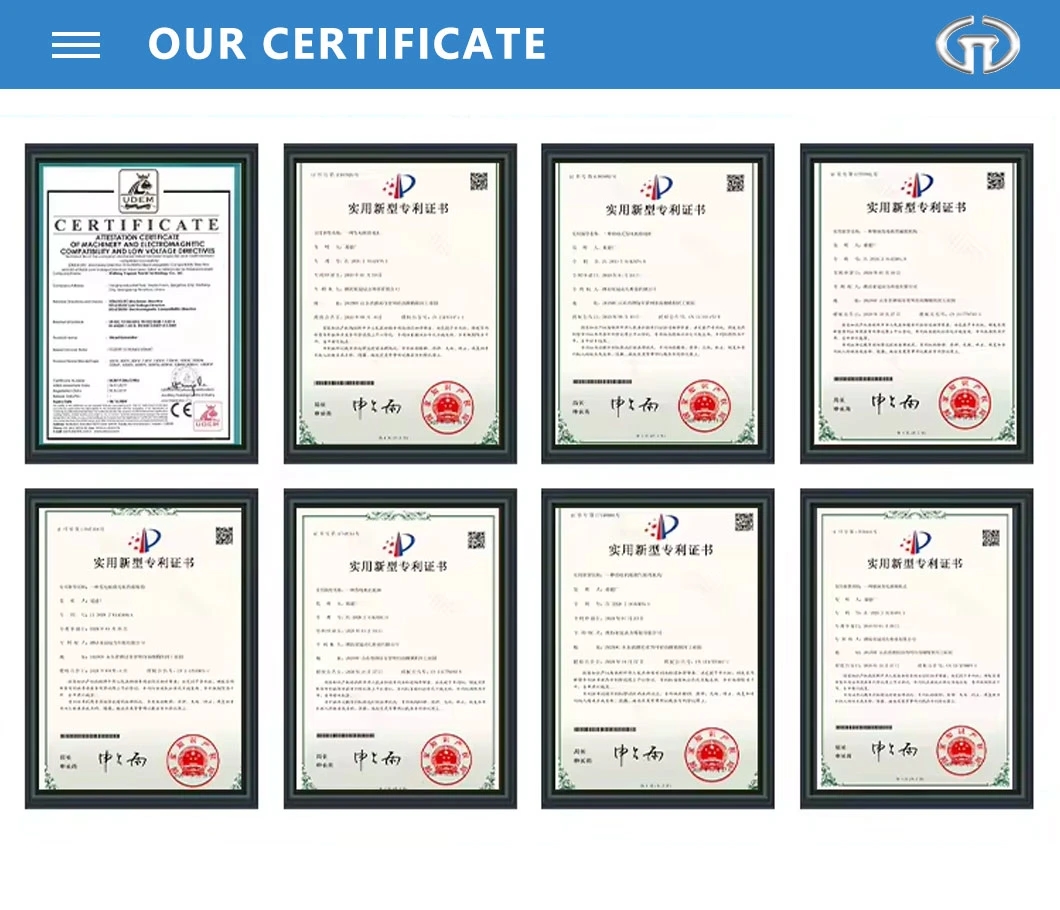Introduction
Diesel generators are widely used for various applications where a reliable and constant source of power is required. One of the key features of a diesel generator is its ability to operate at a constant speed, ensuring a stable and consistent power output. In this article, we will delve into the details of diesel generators for constant speed operation, exploring their working principles, advantages, applications, maintenance requirements, and best practices for optimal performance.
Working Principles of Diesel Generators for Constant Speed Operation
Diesel generators operate on the principle of converting chemical energy stored in diesel fuel into mechanical energy through the combustion process. This mechanical energy is then transformed into electrical energy by the generator component of the system. In order to maintain a constant speed of operation, diesel generators are equipped with a governor mechanism that regulates the fuel supply to the engine based on the load demand.
500kw diesel generator of a diesel generator works by monitoring the speed of the engine and adjusting the fuel supply accordingly to maintain a consistent speed. When the load on the generator increases, the governor increases the fuel supply to the engine to compensate for the additional demand and prevent a drop in speed. Conversely, when the load decreases, the governor reduces the fuel supply to prevent overspeeding.
Advantages of Constant Speed Operation in Diesel Generators
Constant speed operation offers several advantages in diesel generators, making them suitable for applications where stable power output is critical. Some of the key advantages include:
1. Stable Power Output: Constant speed operation ensures a stable and consistent power output from the generator, which is essential for sensitive electronic equipment and machinery.
2. Fuel Efficiency: By maintaining a constant speed, diesel generators can operate at their optimal efficiency levels, resulting in lower fuel consumption and reduced operating costs.
3. Reduced Wear and Tear: Operating at a constant speed helps in reducing the wear and tear on the engine components, prolonging the lifespan of the generator.
4. Quick Response to Load Changes: The governor system in constant speed diesel generators enables them to respond quickly to changes in load demand, ensuring a reliable power supply at all times.
Applications of Diesel Generators for Constant Speed Operation
Constant speed diesel generators find wide applications across various industries and settings where uninterrupted power supply is essential. Some common applications include:
1. Data Centers: Data centers rely on constant power supply to ensure the continuous operation of servers and networking equipment. Diesel generators with constant speed operation serve as backup power sources during outages.
2. Hospitals: Hospitals require a reliable power supply to support critical medical equipment and patient care. Diesel generators with constant speed operation provide backup power during emergencies.
3. Telecommunications: Telecommunication towers and facilities rely on diesel generators for backup power to maintain network connectivity during power outages. Constant speed generators ensure seamless operation.
4. Manufacturing Plants: Manufacturing plants often use diesel generators for backup power to prevent production downtime. Constant speed operation ensures a stable power supply for machinery and equipment.
Maintenance Requirements for Diesel Generators with Constant Speed Operation
Proper maintenance is crucial to ensure the reliable operation of diesel generators with constant speed capability. Some key maintenance requirements include:
1. Regular Inspections: Conduct routine inspections of the generator components, including the engine, alternator, governor system, and fuel supply system, to identify any signs of wear or damage.
2. Oil and Filter Changes: Regularly change the engine oil and filters as per the manufacturer's recommendations to maintain optimal engine performance and prolong the lifespan of the generator.
3. Fuel Quality: Ensure that the diesel fuel used in the generator meets the required specifications to prevent fuel-related issues that can affect performance.
4. Governor Calibration: Periodically calibrate the governor system to ensure accurate speed control and responsiveness to load changes.
Best Practices for Optimal Performance of Diesel Generators with Constant Speed Operation
To maximize the performance and efficiency of diesel generators with constant speed operation, consider the following best practices:

1. Load Testing: Conduct regular load testing to verify the generator's ability to handle varying loads and ensure that it can maintain a constant speed under different conditions.
2. Emergency Preparedness: Develop an emergency response plan that includes regular maintenance schedules, fuel management protocols, and procedures for handling power outages.
3. Training and Education: Provide training to operators and maintenance personnel on the proper operation and maintenance of the diesel generator to prevent errors and ensure safe and efficient operation.
4. Remote Monitoring: Implement a remote monitoring system that allows real-time monitoring of the generator's performance, fuel levels, and alarms to enable quick response to any issues.
Conclusion
Diesel generators with constant speed operation play a vital role in providing reliable backup power for critical applications where uninterrupted power supply is essential. By understanding the working principles, advantages, applications, maintenance requirements, and best practices outlined in this article, users can ensure the optimal performance and longevity of their diesel generators. Constant speed operation not only enhances the stability and efficiency of the generator but also contributes to the overall reliability of the power supply system.
